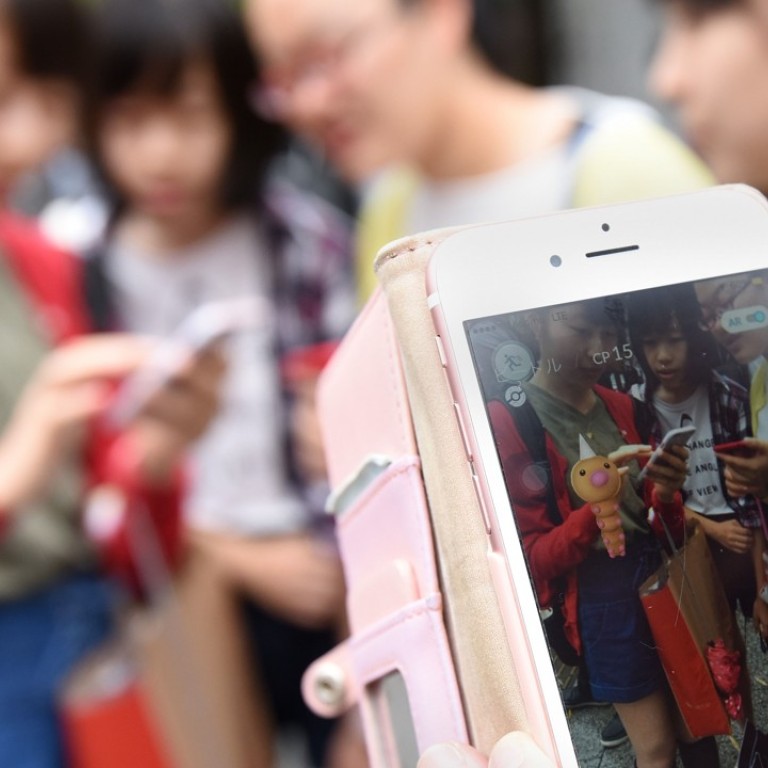
Will hundreds of arrests in Japan for possession of child pornography finally lead to a crackdown?
- Critics of the lax laws point out that most cases end with the perpetrator fined rather than receiving a custodial sentence, so employers may never know their staff have been arrested for possessing child pornography
Hundreds of Japanese men – including teachers and doctors – have been arrested for possessing child pornography in the past two years, according to the National Police Agency, prompting calls for more stringent regulation and tougher punishments.
A total of 570 men had their cases referred to prosecutors in the period between January 2017 and June 2018, including 27 people employed as teachers or child welfare centres and a number of doctors, nurses and therapists. Court officials and police officers were also among those charged.
Critics of the lax Japanese laws against child pornography point out that most cases ended with the perpetrator fined rather than receiving a custodial sentence, so employers may never know their staff have been arrested for possessing child pornography.
‘Male fans prefer primary schoolgirls’: Japan walks a fine line when it comes to sexualising children
Much of the problem stems from the way the material is defined, said Cade Mosley, an advisory officer for the Tokyo-based Human Rights Now.
“There are systemic failures behind why child pornography can still be openly distributed in Japan, which enables consumption,” he told the South China Morning Post. “The police here focus on the very extreme cases, which means those that are considered borderline are effectively ignored.”
There are systemic failures behind why child pornography can still be openly distributed
The “borderline” cases include young girls – often pre-teen – who appear in videos or picture-books wearing bikinis and provocatively posed. Alternatively, there are actresses who are legally above the 18-year-old threshold to appear in adult publications but look very young and are advertised as such to consumers.
“These publications are effectively permitted so they are sold openly in stores, which leads to ‘fan clubs’ being formed around the material,” Mosley said. “And once the consumers are part of these clubs, they goad each other on and this feeds into the demand for more extreme images.”
Human Rights Now released a report on the problem of child pornography earlier this year, declaring: “Effective monitoring systems to protect children’s rights are essential and the implementation of current legal standards should be improved.”
The report also called for changes in Japanese society that effectively considers the consumption of child pornography acceptable, and urged a “zero-tolerance” policy on the production, circulation, sale, delivery and rental of pornography featuring children.
On Wednesday, the Maritime Self-Defence Force suspended a lieutenant commander in the education division for 12 months after he was found to have paid 30 minors for sex over the past eight years.
The officer, who has not been named, said he found one girl on a social media site and took her to a hotel in the city of Kitakyushu in June 2017. The officer said he was aware she was under the age of 18 before they had sex. The case has been referred to prosecutors.

